Books
A D Miller: revolutions in fiction
Imagine yourself as a ping-pong ball balanced atop a jet of water. Then imagine a whole country in that predicament. During a revolution it might be poised for a future of freedom, or doomed to eternal repression. Or think of the movie Spartacus: the slaves might win their liberty – or their wild hopes might be agonisingly snuffed out. The outcome depends on the decisions and gambles of leaders and generals, but also on the people in the crowd. The urgent moral choices and uncertainty make revolutions, with all their euphoria and vertigo, enticing settings for stories.
Violence, real or impending, is always part of the drama. From Caracas to Hong Kong, when citizens take to the streets en masse to lambast a brutish government, a macabre question hovers over their protests: will there be blood? In these febrile atmospheres, rumours swirl – of troop movements, resignations, assassinations, flights to safety. Will the order to open fire or to crack skulls be issued to the men in uniform, and if it is, will they obey it? This is the danger on which my new novel, Independence Square, turns. Olesya, an idealistic young activist during the Orange revolution in Kiev, learns of an impending crackdown, but from a dubious source. Her brother is on the square; she knows he will never leave it. She must do something. Now.
In the middle of the turmoil, no one can be sure who will rule tomorrow. Unjust laws and hierarchies might be overturned; political prisoners might be released. Or they might not be. This is a time for loyalty and heroism – like that of Maximus and his comrades in Gladiator, or Sydney Carton’s self-sacrifice on a scaffold of the French revolution in A Tale of Two Cities, the ‘far, far better thing’ than he has ever done before.
It is also a time for scoundrels, spies and chancers on the make. And for betrayals. Political tumult can make perfect camouflage for score-settling – as it is for Fowler, the narrator of The Quiet American, who exploits the carnage in Saigon to dispose of the rival who took his mistress. Or remember the duel between Valjean and Javert that continues on the barricades in Les Misérables. In Independence Square, the moment of maximum peril provides an opportunity for Misha Kovrin, a fictional oligarch and powerbroker, to shore up his safety – and his assets. Like some real-life oligarchs, Kovrin grew up under communism, became stupendously rich in murky circumstances and isn’t going to go quietly.
Still, even amid the biggest public convulsions, for some people, private life – and love – go on almost as normal. Love often goes on even more than normal, since despite the threats, or because of them, revolutions are inherently sexy events. Emotions run high, strangers are thrust into passionate proximity and anarchy is in the air, along with a seize-the-day sense of abandon. Revolutions break and make love affairs, like the romance between Mel Gibson and Sigourney Weaver in Indonesia in The Year of Living Dangerously. In Doctor Zhivago, the Russian revolution brings Lara and Zhivago together, then tears them apart when the doctor is abducted by partisans.
Such are the caprices of revolt. In the same way that, according to Ernest Hemingway, a man goes bankrupt – ‘gradually and then suddenly’ – the old guard can seem entrenched and invulnerable, but then, when a tipping point arrives and a trickle of defections becomes a gush, they may be swept away overnight. Miss the moment, and you might be swept away with them.
For all the crises and excitement, though, political upheavals are fertile for writers because their challenges are recognisable as well as extraordinary. Who can you trust? What do you believe in – and what are you prepared to do about it? What sort of person do you want to be? We all face these quandaries, albeit rarely in the life-and-death way of people, and characters, caught up in revolutions.
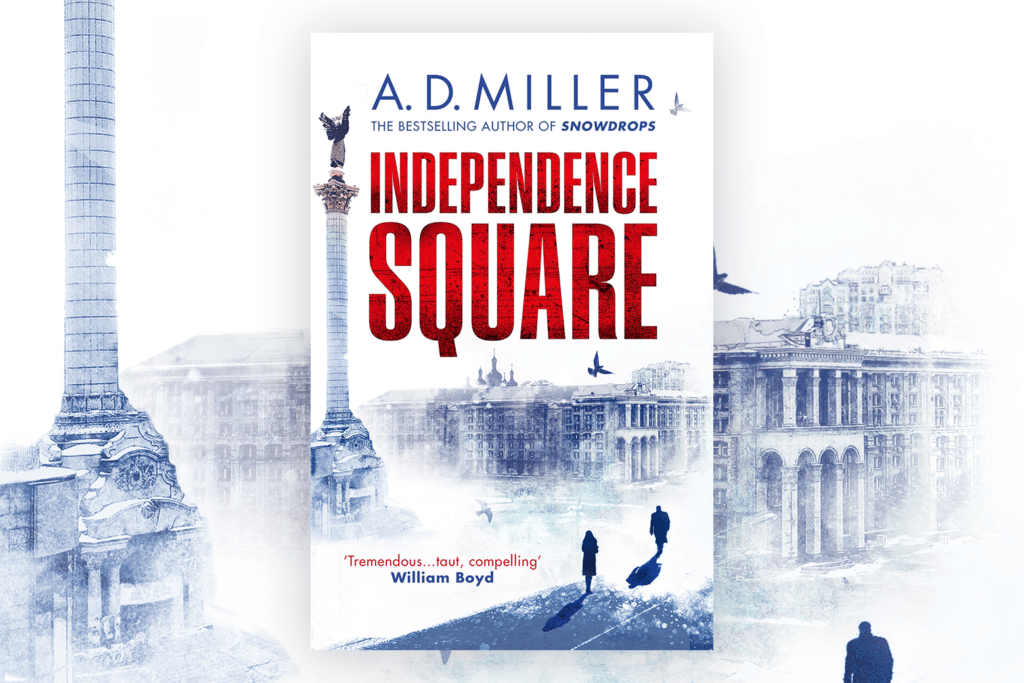

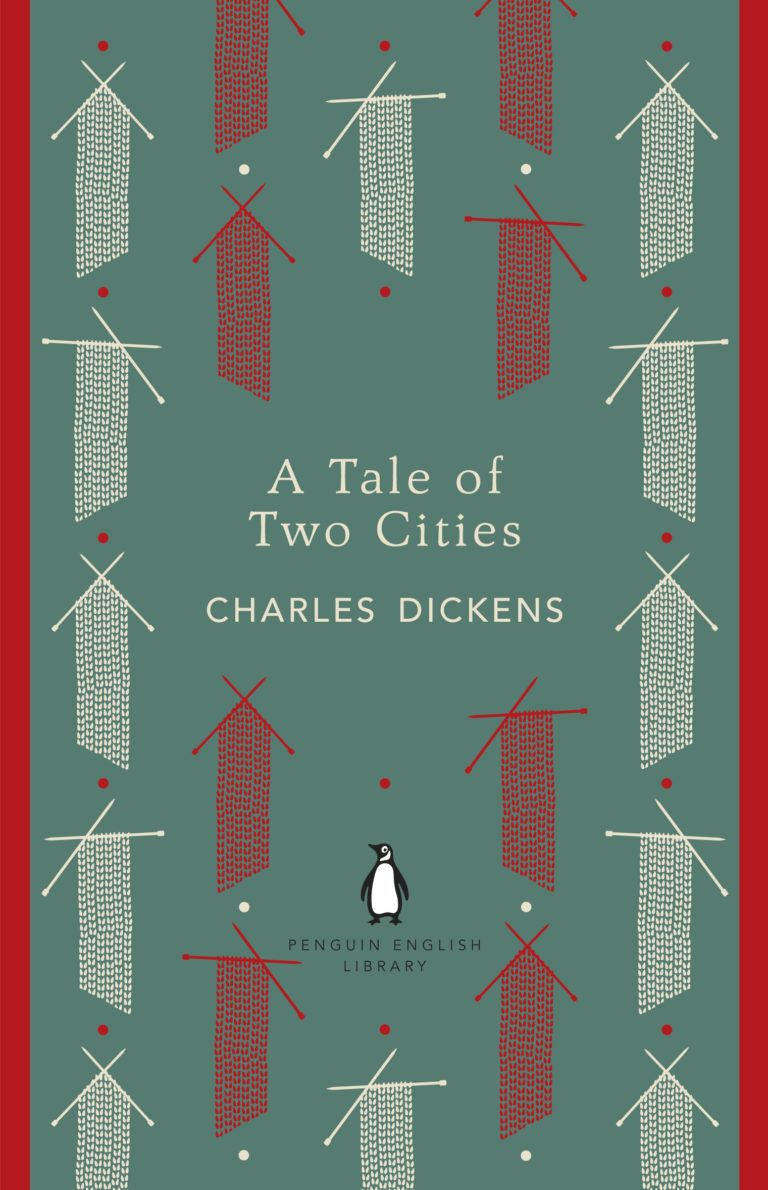
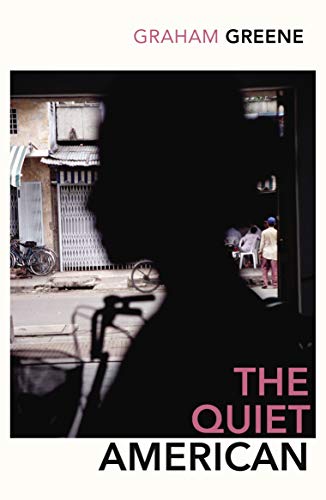
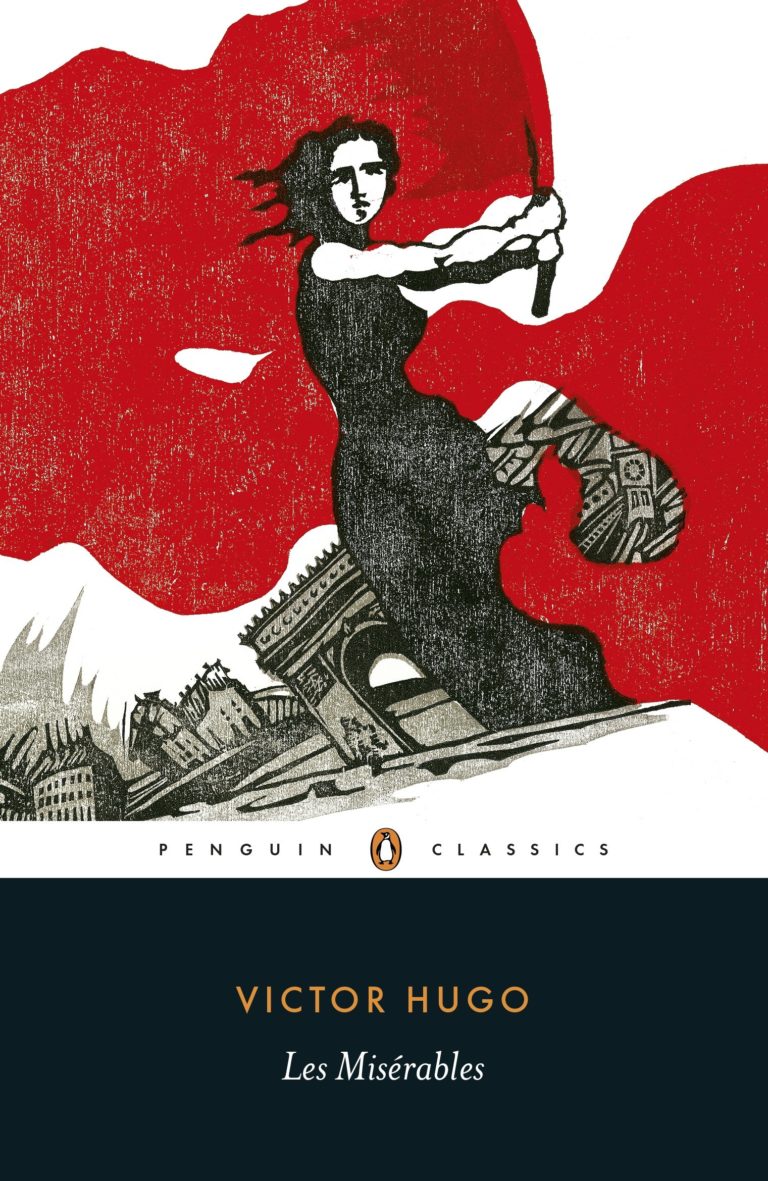
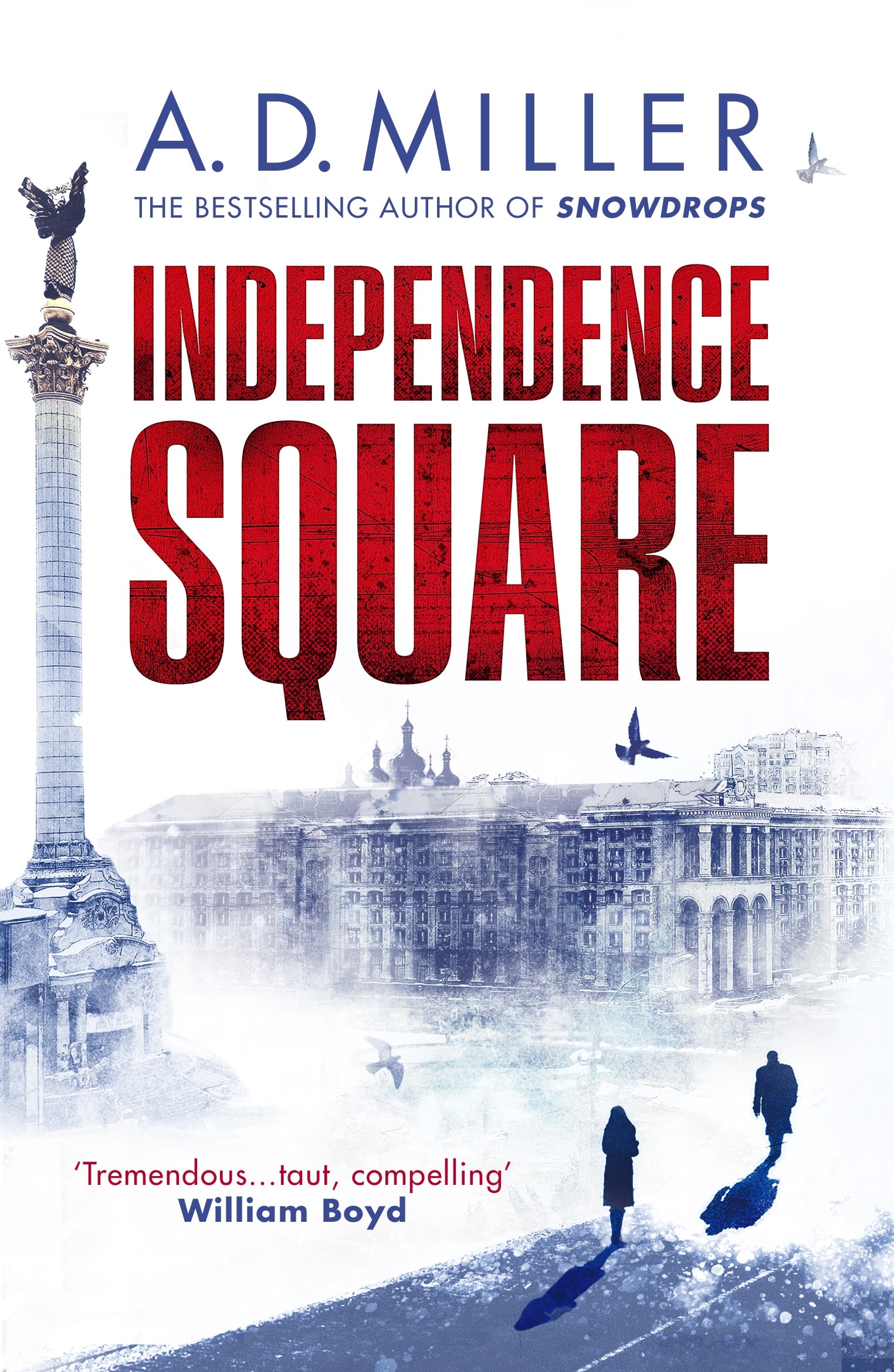

Please note: Moderation is enabled and may delay your comment being posted. There is no need to resubmit your comment. By posting a comment you are agreeing to the website Terms of Use.